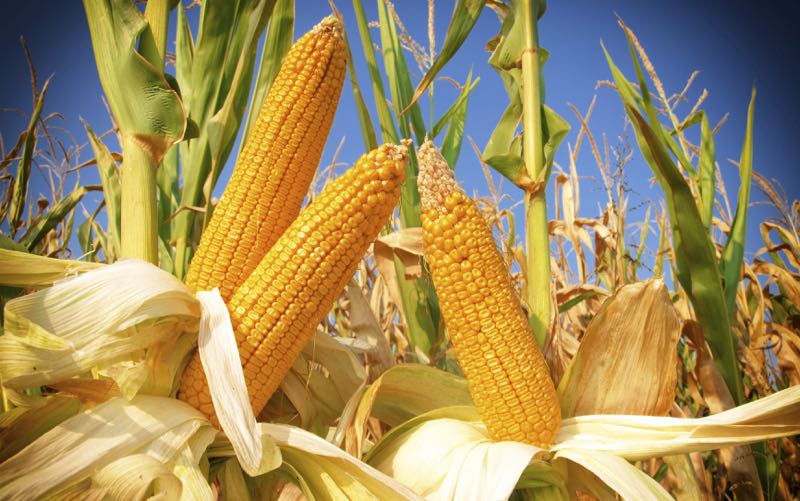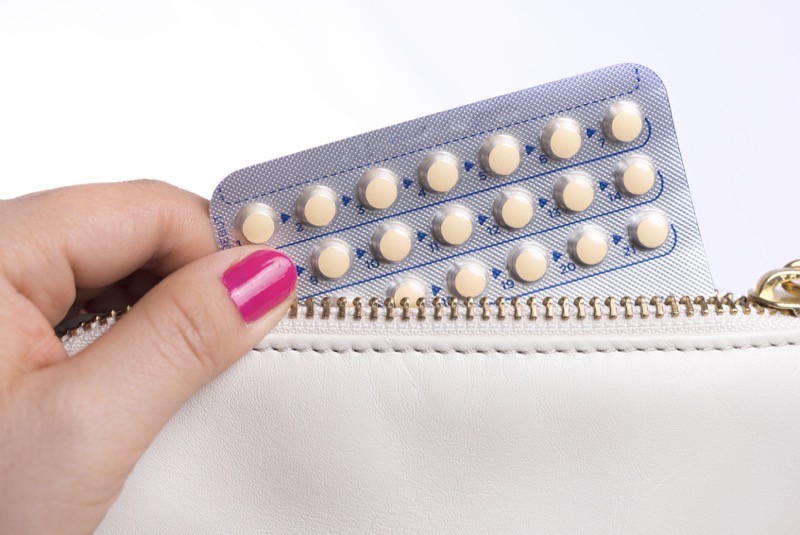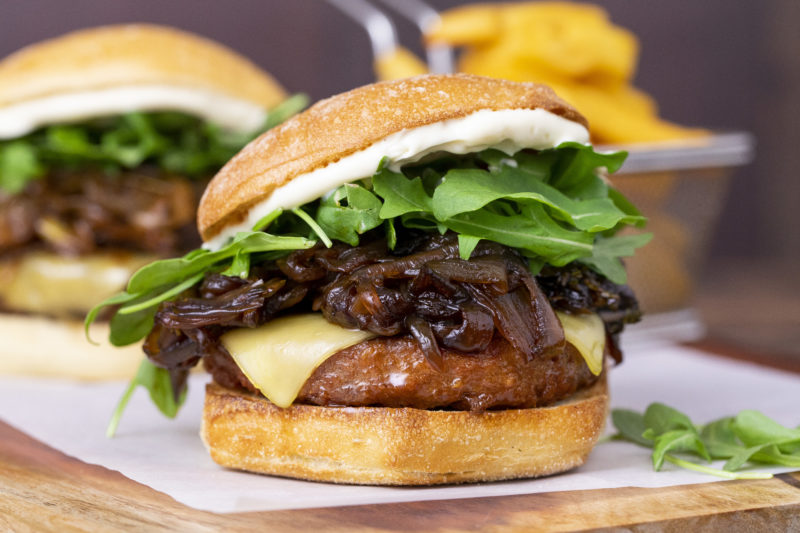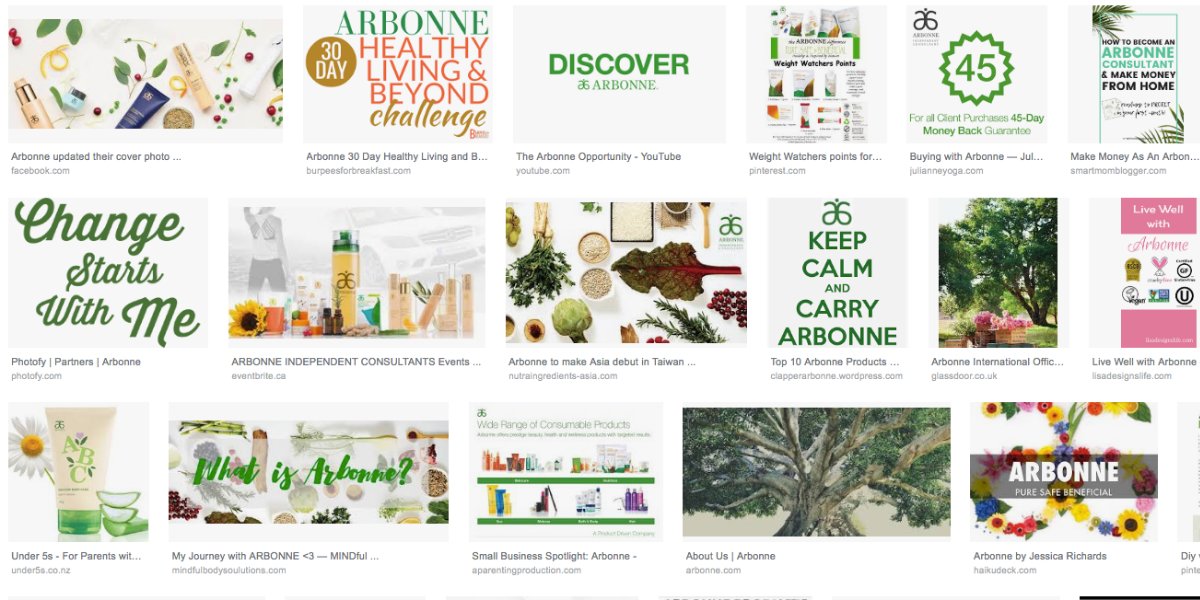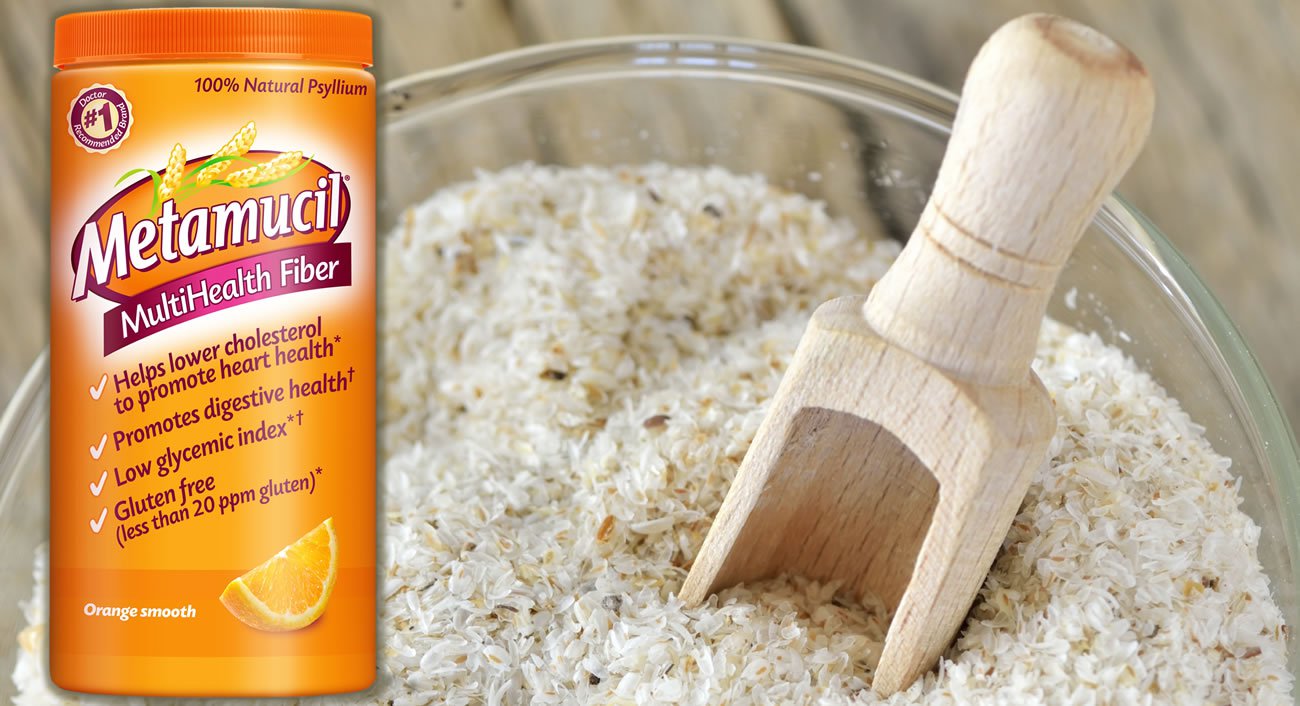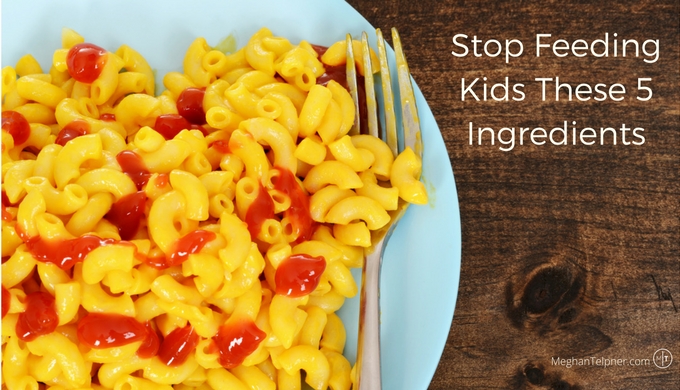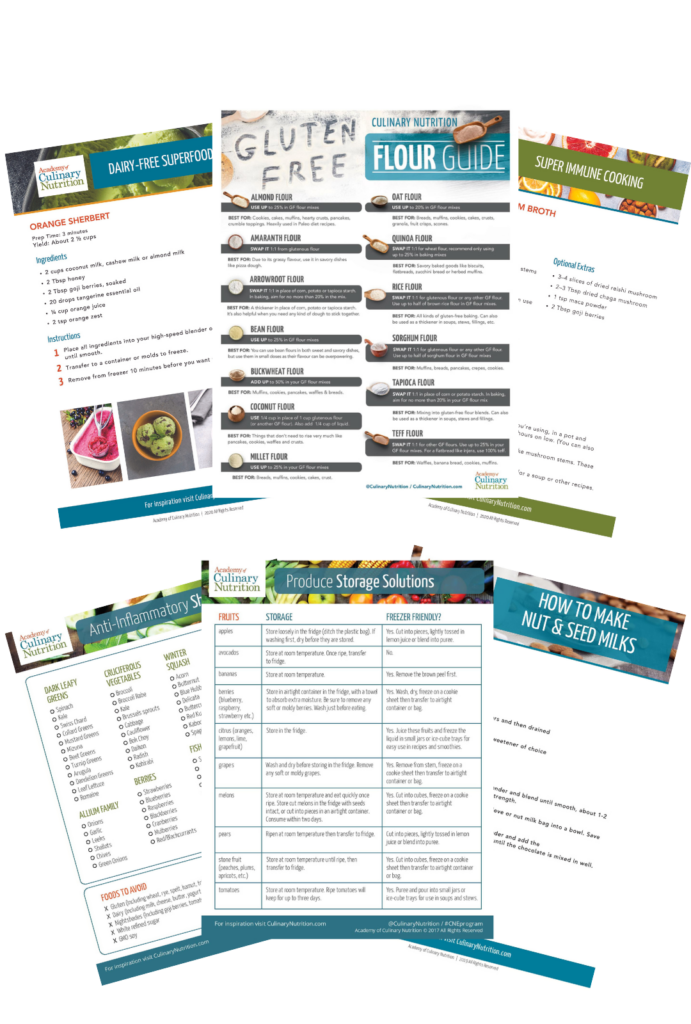Artificial Sweeteners: Weight Gain and Other Side Effects
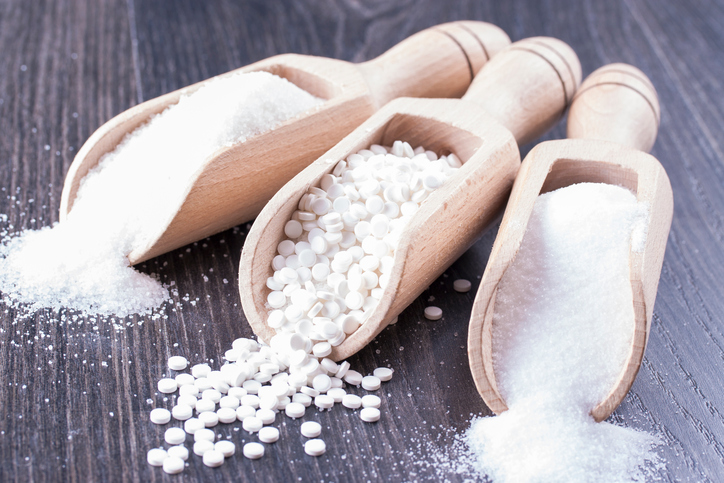
Research has shown that artificial sweeteners contribute to weight gain, neurological effects and more. Over the last several decades, we’ve learned a lot about sugar and how it negatively impacts our health. In order to help people reduce sugar consumption and lose weight, governments have approved artificial sweeteners in a misguided attempt to improve our health. We’ve tried to have our cake and eat it too, but the truth is that artificial sweeteners have had the exact opposite effect of what was originally intended. Instead of helping us, they have only caused us harm.
I’ve spoken many times before about the low-fat craze: we once thought fat was the enemy, and it turns out that all the low-fat advice we were given was totally wrong. I fear that 20 or 30 years from now, we’ll be in the same boat with artificial sweeteners and in the meantime for many people, the health effects will be devastating.
Artificial sweeteners are a big part of the low-fat doctrine because they are calorie-free. And even though the evidence overwhelming indicates that fat is beneficial and essential to health, people still have a difficult time giving up their artificial sweeteners. A recent study of 17,000 people reported that artificial sweetener consumption in children rose by a whopping 200% since 1999, with children as young as 2 years old consuming them weekly. In adults, artificial sweetener intake grew by 54% in the same time period.
This is a controversial topic among health professionals and consumers, and we know that I am no stranger to controversy. I feel very strongly about this issue and today I want to delve into it and explain some of the reasons why I don’t consume artificial sweeteners, and why I don’t believe they can be part of a healthy diet.
What Are Artificial Sweeteners?
Artificial sweeteners are synthetic chemicals designed to help us lose weight, reduce sugar consumption and manage blood sugar levels. They include:
- Aspartame (NutraSweet, Equal)
- Sucralose (Splenda)
- Acesulfame K (Sunette, Sweet One)
- Saccharin (Sweet ‘N Low, Sweet Twin)
- Sugar alcohols (Xylitol, Sorbitol, Mannitol, Isomalt)
The reason these sweeteners are intended for health purposes is because they are anywhere from 200 to 400 times sweeter than sugar, which means a very small amount is needed to add sweetness and they don’t have calories or affect blood sugar levels.
However, their safety is questionable, despite the fact that they are approved by governments. Consuming a small amount may seem harmless, but what if you put it in your coffee, chew gum, brush your teeth with conventional toothpaste, have a diet soda, or eat cookies, candies or cereals? What is the collective load of all that?
Dietary Sources of Artificial Sweetener
- Diet sodas and other low-calorie beverages
- Condiments (ketchup, salad dressing, etc.)
- Low-fat yogurt and other dairy
- Chewable vitamins
- Toothpaste
- Breads and crackers
- Cookies, cakes and other pastries
- Juice
- Cereal, granola and granola bars
- Most products that touted as low-fat, low-calorie and sugar-free
In a nutshell, artificial sweeteners are used in packaged, processed and convenience products and they don’t support our health.
How Do Artificial Sweeteners Impact Our Health?
Artificial sweeteners are not food. They are completely synthetic. Any ‘food-like’ substance or chemical that we put into our body that is not from nature increases the toxic load we carry. Any chemical that makes its home in the cells of our body and hangs out for a while has the potential to damage our DNA. When the DNA of our cells gets all kaleidoscoped and we continue to feed ourselves disease-building processed foods, we don’t have what we need to reverse the damage. If our daily activities – which include the food we eat, the way we handle stress, our activity levels, our digestion and sleep – don’t work in our favour to repair DNA, to improve the integrity of our cell membranes and the efficiency of our own elimination pathways (poop, skin, liver, kidneys, lungs) then we are working towards building disease.
Here are some more details about the ways artificial sweeteners impact our health.
weight gain + obesity
As I mentioned earlier, doctors and the public consider artificial sweeteners a calorie-free option and believe that including them in our foods will allow us to lose weight and prevent obesity. Unfortunately, the opposite has happened. A recent meta-analysis of 37 studies that followed over 400,000 people concluded that artificial sweeteners are actually linked to an increased risk of weight gain, obesity, Type 2 diabetes, hypertension and metabolic syndrome.
And that meta-analysis wasn’t the first to draw this conclusion. An 8-year study in the 1980s of more than 3,000 people in San Antonio, Texas discovered that drinking 2 or more drinks sweetened with artificial sweeteners doubled the risk of obesity and being overweight when compared to those who didn’t drink any. Another year-long study of 78,694 women found that those who consumed artificial sweeteners were more likely to gain weight than those who didn’t have them at all.
It’s a similar story with children: a study of more than 10,000 adolescent boys and girls in the late 1990s concluded that the kids who drank more artificially-sweetened beverages were more likely to have gained weight and have a higher BMI.
So if these artificial sweeteners have no calories, why do they make us gain weight? It isn’t about what’s on the nutrition panel – it’s what’s actually in a food that matters. Our brains get faked out by chemical sweeteners, which are sweet on the tongue but don’t provide the same level of reward that non-chemical sweeteners do, such as sucrose and glucose.
As the researcher in this study says: “Sweetness decoupled from caloric content offers partial, but not complete, activation of the food reward pathways. Activation of the hedonic component may contribute to increased appetite. Lack of complete satisfaction, likely because of the failure to activate the postingestive component, further fuels the food seeking behavior.”
Essentially, what this means is when we have a sweet taste, our brains and bodies expect the calories to come. When they don’t, we keep looking for them. With artificial sweeteners, we may momentarily satisfy a sweet craving without spiking our blood sugar, but as a result of this fake out, we may find another craving not too long later as our body was all geared up for a little calorie action from actual food. Artificial sweeteners, therefore, can cause the soda-pop sippers to either keep sipping or keep snacking, both of which are vicious cycles.
cancer + tumors
There is a body of research, mostly conducted on animals, that indicate artificial sweeteners are linked to tumor growth and cancer development. Some of this research includes:
- Researchers of this study linked the rise in brain tumor rates to an increased consumption of artificial sweeteners.
- Aspartame induced lung and liver cancer in mice, particularly in the males.
- Aspartame fed to rats caused an increase in tumors and lymphoma-leukemias.
- This 2007 study asked the FDA to reconsider its position on artificial sweeteners based on the risks found in animal models.
- This study of mice concluded that aspartame impacts the tumor suppressor genes that protect cells from cancer.
- This study of human cells showed that aspartame slows down the destruction of cancer cells.
- A study of human patients linked artificial sweetener consumption for 10 years or more with urinary tract tumors.
Studies in animal models may not mean that the exact same results will happen to us, but they do point to a very real risk and it’s enough that some scientists and organizations have raised the alarm about the potential cancer risks in humans.
The Gut Microbiome
The bacteria in our digestive tract is essential to our health. A healthy balance of gut flora not only impacts the obvious – digestion – but also our immunity (70% of our immune system is located in the gut) and our mood (our digestive tract makes 95% of our serotonin, one of the brain’s feel-good chemicals).
Evidence points to the fact that artificial sweeteners may alter the gut microbiota and be the cause of some digestive distress and symptoms. A fecal study of animals showed that aspartame consumption led to an increase in bacteria, including the Enterobacteriaceae, a family of bacteria that can include e.coli and salmonella.
Diabetes + Blood Sugar
Proponents of artificial sweeteners claim that they are perfect for diabetics because they don’t impact blood sugar levels. But just like the weight loss claim, this is another ‘benefit’ that has proven false.
In one study of 61,440 women, researchers analyzed artificial sweetener packet consumption over a course of nearly 20 years. They found that artificial sweeteners actually increased the risk of Type 2 diabetes. In another piece of research that examined 6,000 middle-aged adults, scientists discovered that artificially-sweetened soft drinks boosted the risk of metabolic syndrome, a collection of factors that includes high blood sugar levels, obesity, high blood pressure and high cholesterol. These findings are echoed in another study of close to 7,000 adults, which associated a daily soft drink with a higher risk of Type 2 diabetes and metabolic syndrome.
Other evidence points to the microbiome and that disrupting the microbiome can lead to metabolic issues like impaired glucose tolerance.
dental care
Artificial sweeteners are used in conventional and natural toothpastes to make them taste better without causing damage to our teeth. One could make the argument that xylitol, a sugar alcohol often found in toothpaste and chewing gum, isn’t carcinogenic and can help prevent cavities (though xylitol can cause diarrhea in large amounts, and don’t give it to your dog because it’s toxic to them).
However, this study of several different types of sweeteners found that while the artificial versions were less likely to cause cavities than sucrose, they still had the potential to demineralize enamel and disrupt the metabolism of bacteria.
And, as this study points out: “By far the biggest use of sugar substitutes is made without concern for teeth or gums.” Most artificial sweeteners are used in diet drinks and other low-fat, low-calorie treats, which may contain other ingredients that damage our teeth such as citric or phosphoric acids.
Also, dental health isn’t just about what comes directly in contact with our teeth or what we use to brush them. Holistic dental care is about our entire diet and lifestyle practices that serve to promote oral health and protect our teeth. Artificially-sweetened key lime pie yogurt just isn’t a food that I would consider an important part of the dental health picture.
Other health risks
There is an extensive array of ways that artificial sweeteners may impact our health. Investigations show they can also:
- Cause neurotoxicity and neurological symptoms
- Lead to kidney decline
- Trigger migraines
- Cause DNA damage
- May accelerate aging
- Damage the liver
- Affect our ability to learn and emotional function
What Benefits Do Artificial Sweeteners Offer Us?
This is the continual question I have about them. Governments classify them as safe for us to consume. And even if you can argue that artificial sweeteners may not harm us, what do they actually give us? I don’t need to see proof that something man-made in a lab won’t kill me for me to eat it. I want proof that something man-made will heal.
I have never seen a study that proves artificial sweeteners to be healthy, health building or health supportive. The cells of our body are made by what we eat. Artificial sweeteners are a chemical and are therefore an extra burden to be processed through the liver that will result in chemical byproducts, and therefore produce high amounts of free radicals. Low and behold, we have increased the toxic load on the body.
No one has to do a study to tell me that broccoli won’t cause blindness in one or both eyes, that carrots won’t lead to tinnitus, that honey won’t cause severe slurring of speech, and that maple syrup won’t cause irreversible brain damage. Any food that we eat doesn’t just need to set the low bar of not killing us – it needs to offer us the micro and macronutrients we need to build our health. I believe strongly that intake, in any amount, of artificial sweeteners isn’t part of the solution to any health issue.
Are We Addressing the Root Cause?
Companies don’t add artificial sweeteners to fresh carrots, berries or dried beans and legumes. They are adding it to processed foods, mainly sweet drinks, snacks and desserts, to help us lose weight or manage diabetes.
However, aren’t we bypassing the real issue here? If someone is overweight or has blood sugar issues, shouldn’t we be reducing our total sugar consumption? What about focusing on whole food diets that are rich in protein, fat and fibre, which will boost satiety and help us manage blood sugar? What about exercise?
Trying to solve someone’s addiction to chocolate cake by giving them artificially-sweetened chocolate cake doesn’t get to the root of the problem.
Alternatives to Artificial Sweeteners
There are so many whole food options that we can use instead of artificial sweeteners.
If sugar isn’t an issue for you, I’d recommend small amounts of the following:
- Raw Honey: This superfood is packed with enzymes, amino acids and antioxidants. It’s also great for your natural first aid kit!
- Maple Syrup: A Canadian staple, maple syrup is rich in antioxidants and minerals like zinc, calcium and manganese.
- Coconut Sugar/Syrup: These are tapped from the coconut palm tree and are low on the glycemic index.
- Molasses: Molasses is a by-product of refining cane sugar, but unlike processed sugar, it is full of nutrients such as iron, magnesium and potassium.
- Apple sauce: The pectin in apples helps with binding in gluten-free baking, plus they are rich in antioxidants and fibre.
- Dates/Dried Fruit: Make date paste by soaking dates in water and then blending them up. You can do this with a variety of dried fruits and change the consistency of the paste to be how you like it. Or you can eat a small amount of dried fruits as a snack.
- Bananas: Mashed bananas are fantastic in baked goods and add extra fibre and potassium.
- Sweet veggies, like carrots, beets and bell peppers: These will give you a sweet taste and provide you with antioxidants and compounds that support the liver.
- Fresh fruit of all kinds: A fresh apple is very sweet! But when we eat a lot of sugar, we get de-sensitized to the natural sweetness of fruit. Fruit offers us sweetness, but also a range of vitamins, minerals and fibre. Aim for low-glycemic fruits if blood sugar is an issue.
If there is an issue with blood sugar in cases of Type I or Type II Diabetes, give the following a try in moderate amounts:
- Stevia: This plant is actually much, much sweeter than sugar, so you only need to use a small amount of it. Aim to purchase green powdered stevia, as that is the plant that’s been dried and ground. Clear stevia extract has gone through much more processing and is further removed from the whole food.
- Xylitol: This sweetener is from the family of sugar alcohols, which are growing in popularity. Xylitol is naturally found in fruits and vegetables, but it’s often extracted from birch wood. It can help with dental caries and balancing blood sugar. In large amounts, it can cause bloating and diarrhea – and it’s toxic for your pooches.
- Monk Fruit: This is a very low-glycemic option that is made from monk fruit. In the powdered form, it’s 150 times sweeter than sugar so you certainly don’t need to use a lot of it.
- Erythritol: This is another sugar alcohol and like xylitol, erythritol can help prevent cavities and balance blood sugar. Don’t consume too much, as it can also cause digestive upset. Most erythritol is derived from corn, so ensure you use a brand that is non-GMO.
Or can you go sugar-free entirely? Get on the waitlist for our next group 7-Day No-Sugar Challenge.
And if you’re not ready to give up sugar, please consider dropping artificial sweeteners from your life. You have nothing to lose and only better health to gain.
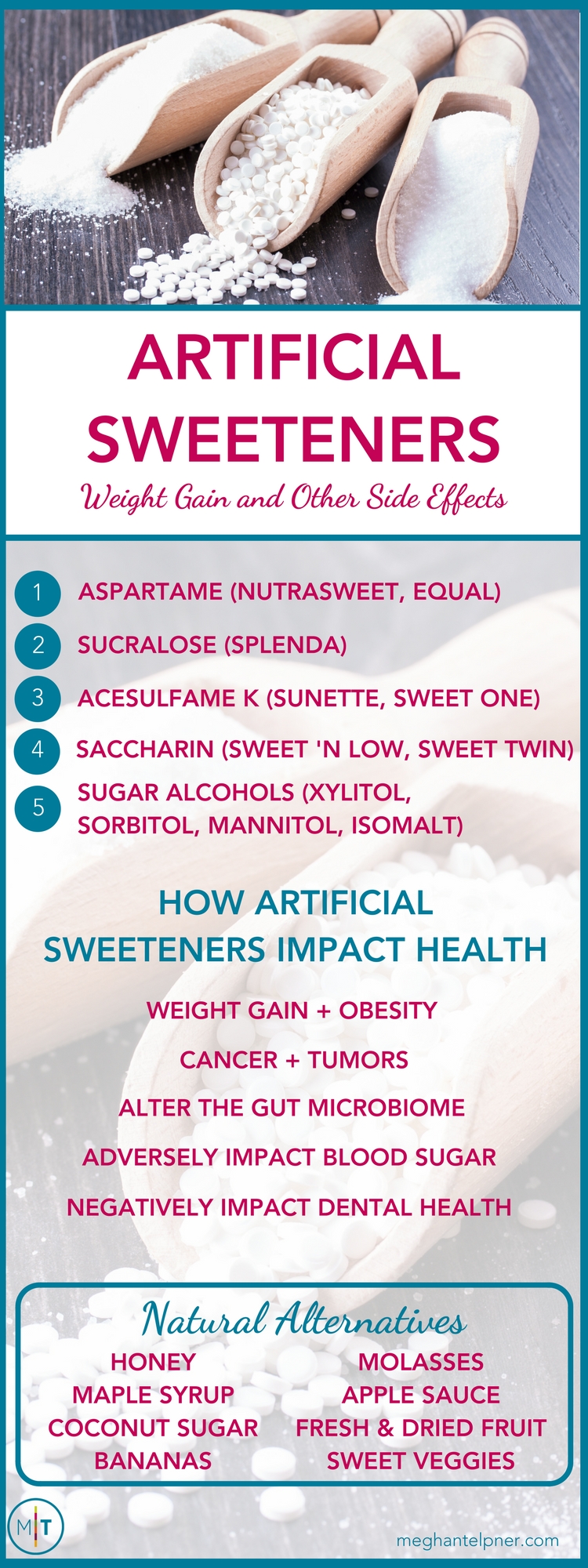
Image: MamaMiaPL
Free Resource Library
Enjoy more than 40 downloadable guides, recipes, and resources.
















